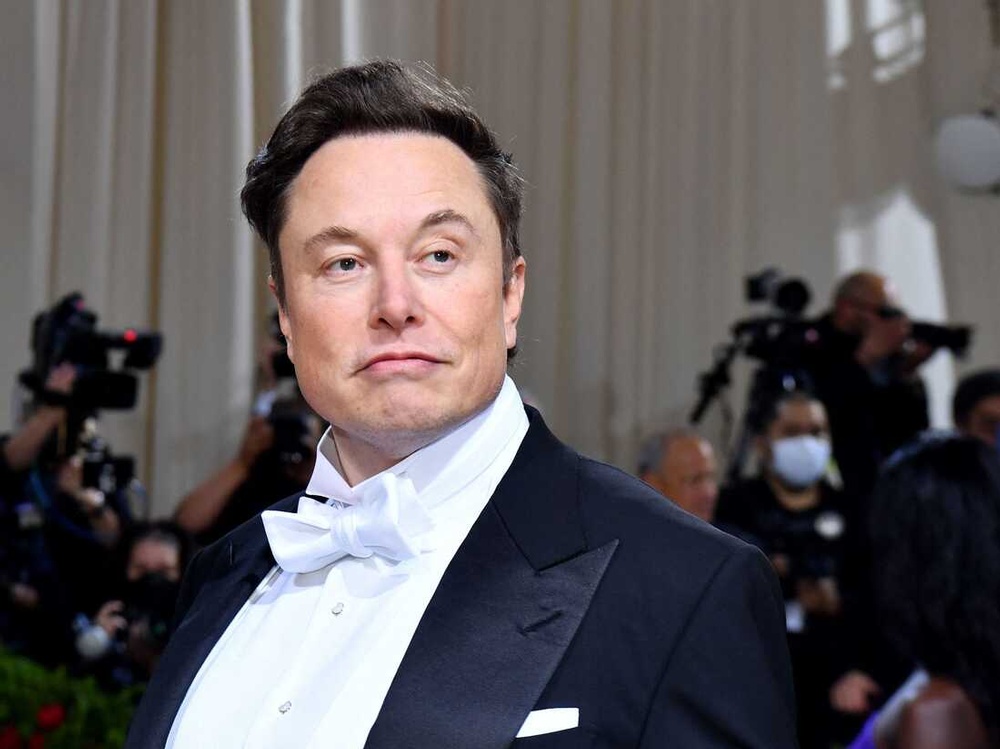Microsoft vs. Twitter: A Look at the Implications of Dropping Twitter from Its Advertising Platform
- Loxicom
Categories: elon musk internet microsoft Networking Services

Microsoft Drops Twitter as Ad Platform: Examining Its Consequences
Microsoft recently made headlines when they made an unexpected announcement that they would remove Twitter from their advertising platform, prompting widespread responses and discussions regarding social media advertising and how tech giants influence public discourse. We will explore all implications related to Microsoft's decision as well as possible long-term effects it might have for social media marketing and digital advertising as a whole.
Background: Microsoft Discontinues Use of Twitter Advertising Platform
Microsoft reportedly made their decision because Twitter failed to meet certain quality standards, such as content moderation or user safety issues. Twitter has recently come under scrutiny over how they handle hate speech, misinformation and harassment on their platform - leading to calls for greater regulation as well as prompting advertisers to pull ads altogether from them.
Microsoft's decision to drop Twitter from their advertising platform is monumentally consequential for Twitter as this could prevent them from capitalizing on any revenue generated through Microsoft ads, with potential serious repercussions for their finances in light of investor pressure to increase revenues. Twitter stock price immediately declined upon hearing of Microsoft's decision indicating investors' disquiet and uncertainty regarding future prospects of this company.
Implications of Social Media Ads?
What could Microsoft's decision mean for social media advertising as a whole? One impact could be an increase in competition among social media companies for advertising revenue. No longer partnering with Twitter, Microsoft may seek partnerships with other social media companies instead - potentially benefiting platforms like Facebook and Instagram with larger user bases and established advertising platforms.
Microsoft's decision could also be seen as an expression of growing concerns regarding social media's place in public discourse. With misinformation, hate speech and other harmful material spreading rapidly over these platforms, advertisers may become wary about associating their brands with them. By dropping Twitter from its advertising platform, Microsoft is sending a clear signal that it takes these issues seriously and plans on taking steps to address them.
Reactions on Elon Musk Vs Microsoft
As with any major business decision, Microsoft's decision to drop Twitter has caused plenty of drama and debate. One such controversy involves Elon Musk accusing Microsoft of censorship while simultaneously threatening legal action against them.
At its core, Musk's feud likely stems from his frustrations with social media moderation. Musk often criticizes platforms such as Twitter for being biased and censored - something which applies even to his use (he was recently sued over tweets referencing Thai cave rescue missions).
However, although it remains to be seen if Musk will follow through with his threats against Microsoft, their feud serves as a reminder of the tensions between large tech companies and their critics. As social media companies come under increased scrutiny over content moderation issues and user safety concerns, critics may become even more vocal against them
The Broader Context: The Role of Big Tech in Shaping Public Discourse
At the heart of the controversy over social media and advertising is the question of how much power big tech companies should have over public discourse. Social media platforms like Twitter and Facebook have become central to the way that people communicate and share information, and they have played a significant role in shaping public opinion on a wide range of issues. This has led to concerns about the potential for these companies to wield too much power over what people see and hear online.
The decision by Microsoft to drop Twitter from its advertising platform is just one example of the way that big tech companies are grappling with these issues. While the move may be seen as a positive step towards greater accountability and responsibility, it also raises questions about the role that companies like Microsoft should play in shaping public discourse. Should these companies be the gatekeepers of what content is acceptable and what is not? Should they have the power to decide which platforms are worthy of advertising revenue and which are not?
These are difficult questions, and there are no easy answers. Ultimately, the responsibility for addressing the challenges of social media and advertising falls on all of us: individuals, businesses, governments, and social media companies themselves. It will require a collaborative effort to create a more responsible, transparent, and equitable digital ecosystem.
The decision by Microsoft to drop Twitter from its advertising platform is a significant development in the ongoing conversation about the role of big tech companies in shaping public discourse. While the move may have financial implications for Twitter, it also sends a signal that social media companies will be held accountable for the quality and safety of their platforms. At the same time, the ongoing feud between Microsoft and Elon Musk highlights the tensions that exist between big tech companies and their critics, and the challenges that lie ahead as we navigate the complex and evolving world of social media and digital advertising.
It will definitly be interesting on how this scenrio will play out, and the massive ripples it could send across the business world.